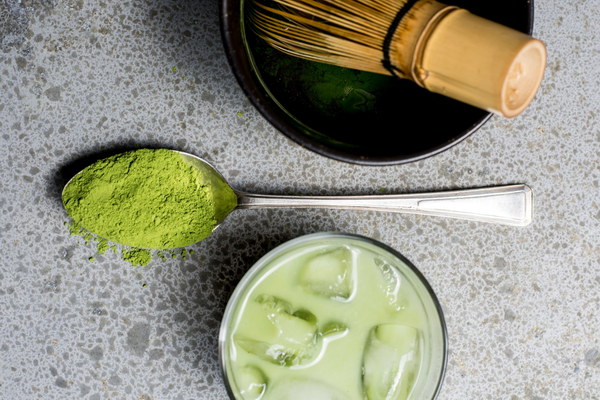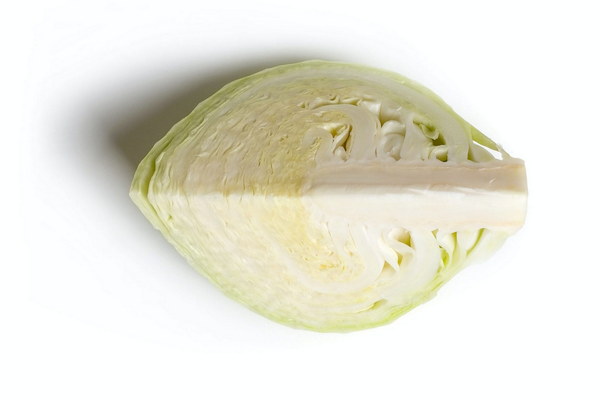Revolutionize Your Anti-Aging Routine The Power of Skipping Late-Night Sessions
In today's fast-paced world, sleep often takes a backseat to work, social engagements, and endless scrolling through our devices. However, the repercussions of not getting enough sleep can be severe, particularly when it comes to aging. The secret to a youthful appearance may not be found in a jar of cream or a new surgical procedure; instead, it lies in adopting a good night's sleep as a cornerstone of your anti-aging routine. Let's delve into the science behind why skipping late-night sessions can be the key to looking and feeling younger.
1. The Role of Sleep in Aging

When we sleep, our body undergoes a series of processes that contribute to its rejuvenation. During the REM (Rapid Eye Movement) phase, our brain consolidates memories, while other phases help with tissue repair, muscle growth, and the release of growth hormone. Lack of sleep disrupts these processes, leading to several aging-related issues:
a. Collagen Production: Collagen is the protein responsible for maintaining our skin's elasticity and strength. Sleep deprivation hampers collagen production, resulting in sagging, wrinkles, and a loss of firmness.
b. Inflammation: Chronic inflammation is a significant factor in aging. Poor sleep leads to increased inflammation, which accelerates the aging process.
c. Blood Flow: Adequate sleep promotes better blood flow, which is essential for delivering oxygen and nutrients to the skin. Insufficient sleep can lead to dull, lackluster skin.
2. The Benefits of Skipping Late-Night Sessions
a. Improved Skin Health: As mentioned earlier, adequate sleep is crucial for collagen production and reducing inflammation. By avoiding late-night sessions, you can give your body the rest it needs to produce collagen and maintain healthy skin.
b. Increased Energy Levels: Skipping late-night sessions can help you wake up feeling more refreshed and energized, which can lead to better decision-making and overall well-being.
c. Reduced Stress: Stress is a significant contributor to aging. By getting enough sleep and avoiding late-night sessions, you can reduce stress levels, leading to a healthier, more youthful appearance.
d. Improved Cognitive Function: Adequate sleep is essential for cognitive function, including memory, attention, and problem-solving. By avoiding late-night sessions, you can ensure that your brain is functioning at its best, which can contribute to a more youthful mindset.
3. Tips for a Good Night's Sleep
a. Establish a Sleep Schedule: Consistency is key when it comes to sleep. Try to go to bed and wake up at the same time every day, even on weekends.
b. Create a Relaxing Bedtime Routine: Engage in calming activities, such as reading, taking a warm bath, or practicing meditation, to signal your body that it's time to wind down.
c. Limit Exposure to Electronic Devices: The blue light emitted by screens can interfere with your sleep cycle. Try to avoid using electronic devices at least an hour before bedtime.
d. Maintain a Comfortable Sleep Environment: Ensure your bedroom is cool, dark, and quiet. Investing in blackout curtains, earplugs, or a white noise machine may help.
e. Avoid Caffeine and Alcohol Before Bed: These substances can disrupt your sleep cycle and contribute to aging.
By incorporating these tips into your routine and skipping late-night sessions, you can take significant steps towards reversing the aging process. Remember, beauty sleep isn't just a myth; it's a vital component of maintaining a youthful appearance and mindset. So, embrace the power of sleep and watch as your anti-aging routine transforms.









